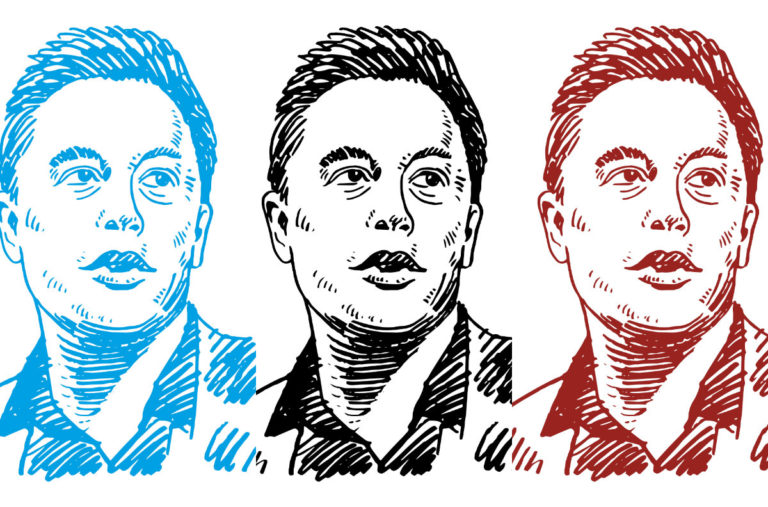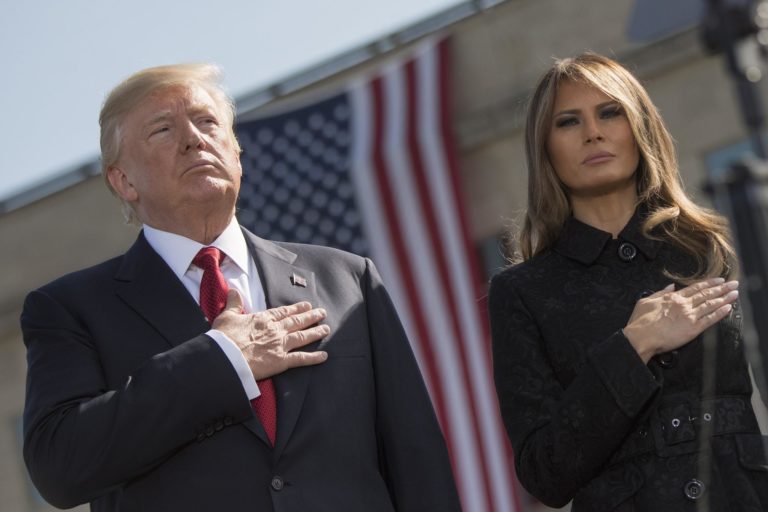Title: Trump Accused of New Controversy: What You Need to Know
Key Takeaways:
- Former President Donald Trump is accused of a new controversy involving a Qatari plane.
- A heated debate about presidential powers and democracy erupted during a recent discussion.
- The situation raises questions about executive power and the role of the judiciary.
A New Controversy Involving Trump
Another day, another controversy. This time, former President Donald Trump is accused of a new alleged scheme that’s making headlines. While details are still unclear, the situation has sparked intense debate about power, politics, and fairness.
During a recent discussion, the conversation got heated when someone brought up the president’s executive powers. “Am I going to sit here today and engage in radical hypotheticals?” one person asked. They criticized the idea of a single judge in Boston having the same power as the U.S. president, calling it undemocratic.
What’s Going On with the Qatari Plane?
The controversy involves a plane linked to Qatar, a country in the Middle East. While specifics are scarce, the situation has drawn comparisons to past scandals. It seems like this new accusation is trying to grab attention and stir debate.
The person speaking pointed out that this administration has followed even the most questionable court orders. They argued that letting one judge wield the same power as the president undermines the balance of power in the U.S. government.
Tension Flares During the Debate
The conversation took a dramatic turn when two people involved in the discussion clashed. “Okay, okay, let’s keep it on track here,” one said, trying to steer the conversation back to the topic.
The other responded, “Stephen, this is my show. I want to hear what you have to say. I’ve been respectful of giving you the opportunity, but I also need to jump in because time is of the essence.”
The exchange showed how heated the debate had become, with both sides pushing to make their points heard.
What’s at Stake?At the heart of this controversy is a big question: How much power should the president have? Should a single judge be able to challenge that power?
Supporters argue that checks and balances are crucial to democracy. Without them, they say, one person could have too much control.
Critics, however, claim that the current system already works and that questioning it is unnecessary. They believe the focus should be on solving real problems rather than debating hypothetical scenarios.
The Role of the Media
The media plays a big role in shaping how people see these debates. While some say journalists should stick to reporting facts, others believe they have a duty to dig deeper and ask tough questions.
In this case, the media is being asked to cover a story that’s still unfolding. As more details emerge, they’ll have to decide how much attention to give it.
The Broader Implications
This controversy isn’t just about Trump or a plane. It’s about how power is used and balanced in a democracy. If a single judge can challenge the president, does that weaken the system? Or does it make it stronger by ensuring no one person has absolute power?
These are the kinds of questions that get people talking. While some see it as a distraction, others believe it’s a vital discussion for the health of the country.
What’s Next?
For now, the situation remains unclear. As more information comes out, we’ll get a better idea of what’s really going on. Until then, the debate will likely continue, with both sides pushing their arguments.
One thing is certain: This isn’t the last we’ve heard of this story. Stay tuned for updates as it unfolds.
In the meantime, let us know what you think. Should a single judge have the power to challenge the president? Is this controversy a distraction, or is it an important debate? Share your thoughts!









